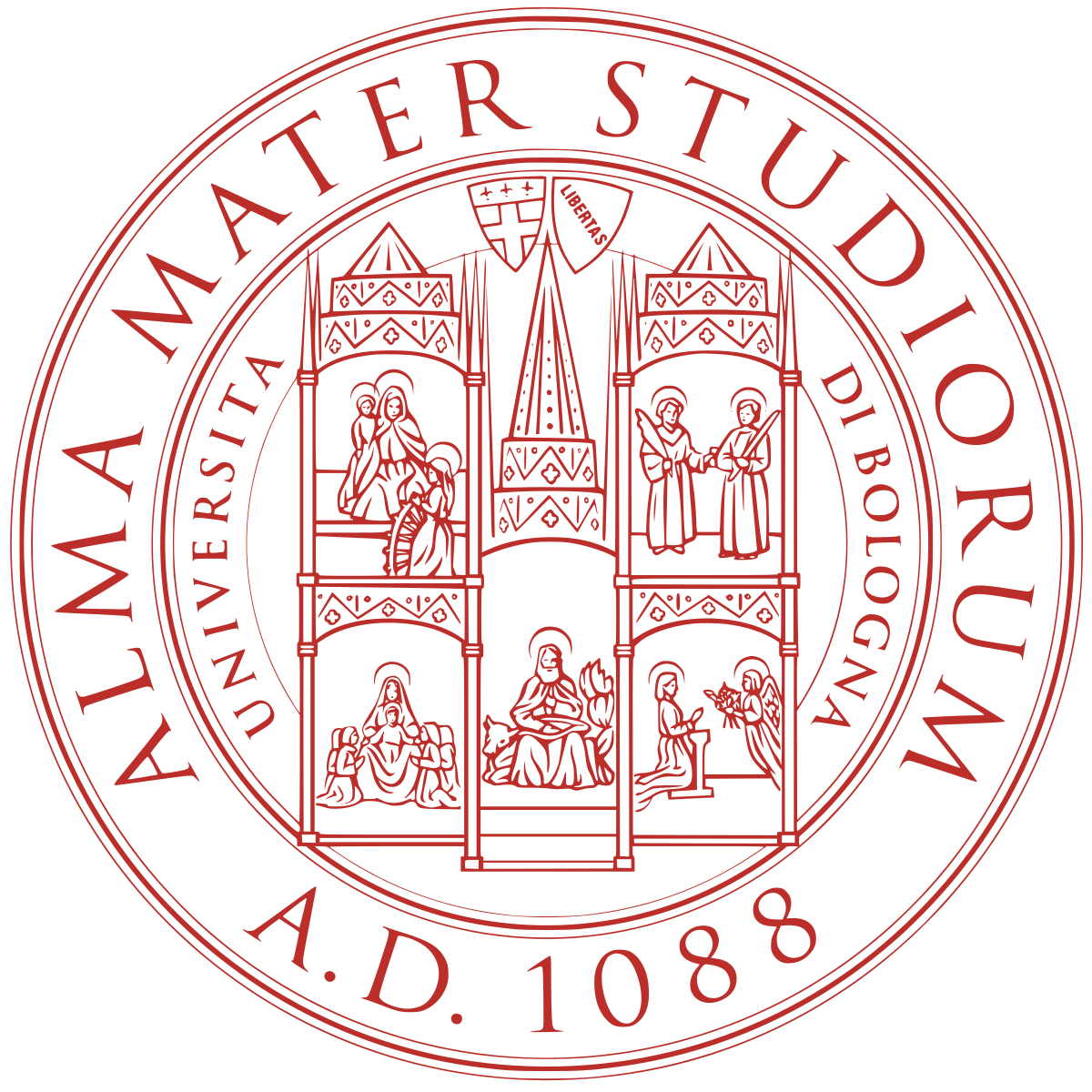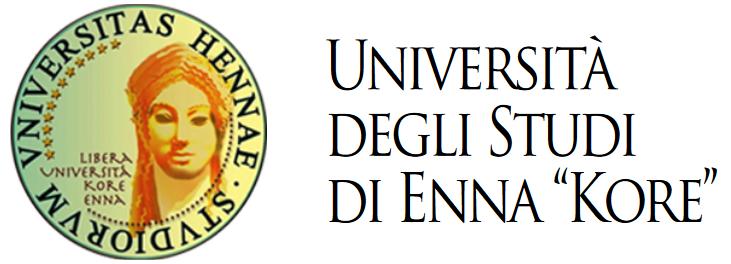Digital Twin for Human Centered Design of Future Aircraft

In accordance with the increasing passengers expectation of commercial flight, cabin comfort is becoming one of the most important parameter for both the design of future aircraft and for the update of the existing ones. Moreover, cockpit comfort and ergonomics could deeply affect the performance of pilots, especially during long haul flight, leading to increased psychophysical fatigue and thus to reduced safety of operation. Thus, the increase of cabin/cockpit comfort drives the aeronautical industry to develop new HCD procedures that aim to take into account for the passengers/pilots well-being perception and response to the external stimuli coming from the flight environment. In this framework, the Digital Twins can be used to increase the quality of parts and systems used in aircraft production [23] extending the concept to the upgrade of aircraft comfort for both the passengers and pilots.
On this basis, the general objective of the TWINCRAFT project is to use and/or develop Digital Twins of a real aircraft, such as flight simulator, extended reality and numerical codes, to set up design tools and procedures for comfort improvement taking into account the human perception and response, with particular regards to the different cabin layout and to Noise & Vibration - N&V.
To these aims:
- numerical tools will be implemented to analyse new class of materials to be used as passive technologies for the N&V attenuation;
- extended reality will be used to enable the user to interact with different cabin/cockpit layout and environment during a simulated flight;
- a full flight simulator will be used to assess the human perception of comfort and to evaluate human response and performances under different layout and N&V levels.
The aforementioned three aims will be integrated in such a way that the numerical tools will allow to define the N&V levels to be simulated with the FFS allowing for the experimental evaluation of the N&V level influence onto the human comfort and perception of the surroundings cabin environment.
Info
Funded by: MIUR, bando PRIN 2022
Start Date: 28/09/2023
Duration: 24 months
Coordinator
Partners



MUL2 Investigators
Erasmo Carrera, Karim Abu Salem, Giuseppe Palaia
UNIBO Investigators
Sara Bagassi, Martino Moruzzi, Tommaso Fadda
UNIKORE Investigators
Andrea Alaimo, Antonio Esposito
